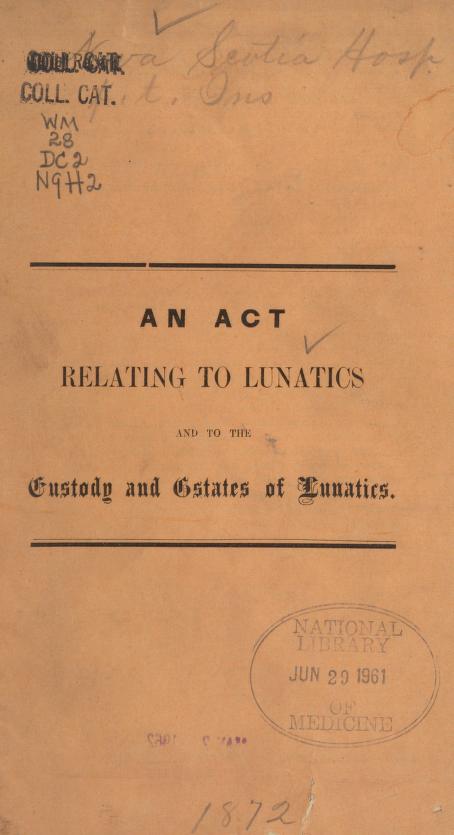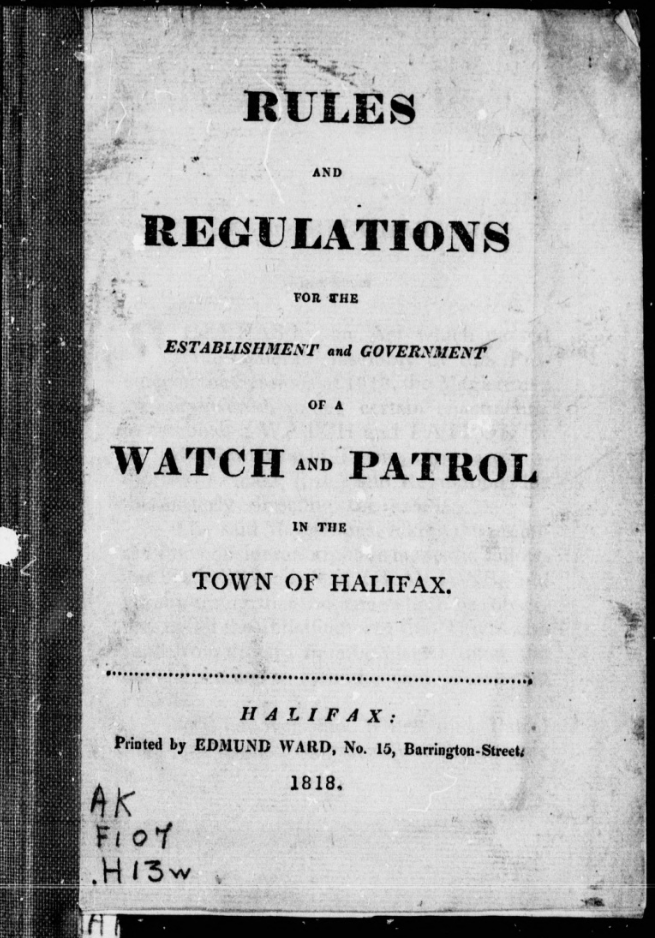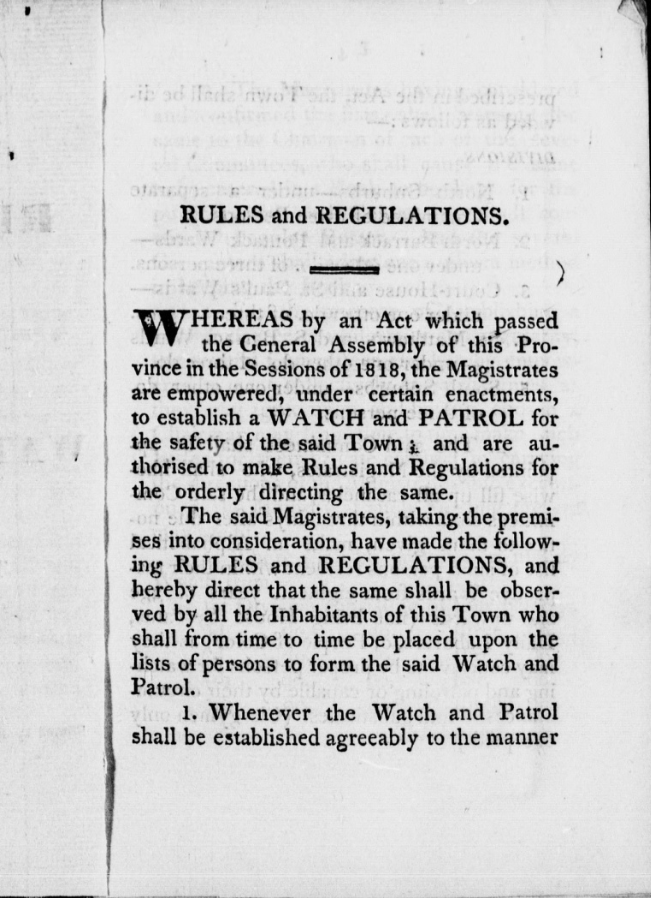
“Any lunatic being at large may be apprehended under warrant from two Justices of the Peace and if his legal settlement shall be in any place within the County or District, he shall be secured within the same; and if such settlement shall not be within the County or District, he shall be sent by the Justices by order under their hands, to the place of his last legal settlement, and shall be there secured under a warrant from two Justices of the Peace for the County or District to which lie shall be so removed, and the charges of removing, maintaining and curing such person during his restraint, having been first proved on oath before two Justices, shall be paid out of the proceeds of the personal property, or the rents of the real estate of such person, if am’ he have over and above what will maintain his family ; and such property or rents may, for that purpose be seized and sold by the Overseers of the Poor of the place of such person’s last legal settlement, under a warrant from two Justices; and if such person has not any property or rents applicable therefor, then such expenses shall be borne by the inhabitants of the County or District within which such person shall have his last legal settlement.”
“The better to prevent crime being committed by insane persons, if any person shall be discovered and apprehended under circumstances denoting a derangement of mind and a purpose of committing some crime for which, if committed, such person would be liable to be indicted, it shall be lawful for any two Justices of the Peace of the County or District, before whom such person may be brought, to call to their assistance any legally qualified medical practitioner ; and if upon order and examination of such person so apprehended, or from other proof, such Justices shall be satisfied that such person is insane, or a dangerous idiot, it shall be lawful for them, by warrant under their hands and seals, to commit such person to the gaol of the County or District, there to be kept in strict custody until such person shall be discharged by the order of two Justices of the Peace, one of whom shall be one of the Justices who shall have signed such warrant, or by a Judge of the Supreme Court, or until such person shall be removed to a proper Lunatic Asylum, or to the custody of guardians appointed under this Act.”
“The financial and general management of the (Nova Scotia) Hospital (for the Insane) shall be vested in the Commissioner of Public Works and Mines. The following persons shall be ex officio visitors of the Hospital, that is to say, the Lieutenant Governor, the Chief Justice, the Provincial Secretary, the President of the Legislative Council, the Speaker of the House of Assembly, the Committee of the House of Assembly on Humane Institutions and the heads or authorized representatives of all the Christian churches in the Province”
“Chapter 152 of the Revised Statutes “Of Madmen and Vagrants, and of the Custody and Estates of Lunatics,” and such other portions of the existing law as are inconsistent with this Act are repealed.”
Nova Scotia House of Assembly. “An act relating to lunatics and to the custody and estates of lunatics: passed the 18th day of April, A.D. 1872” https://archive.org/details/101600523.nlm.nih.gov/mode/2up


